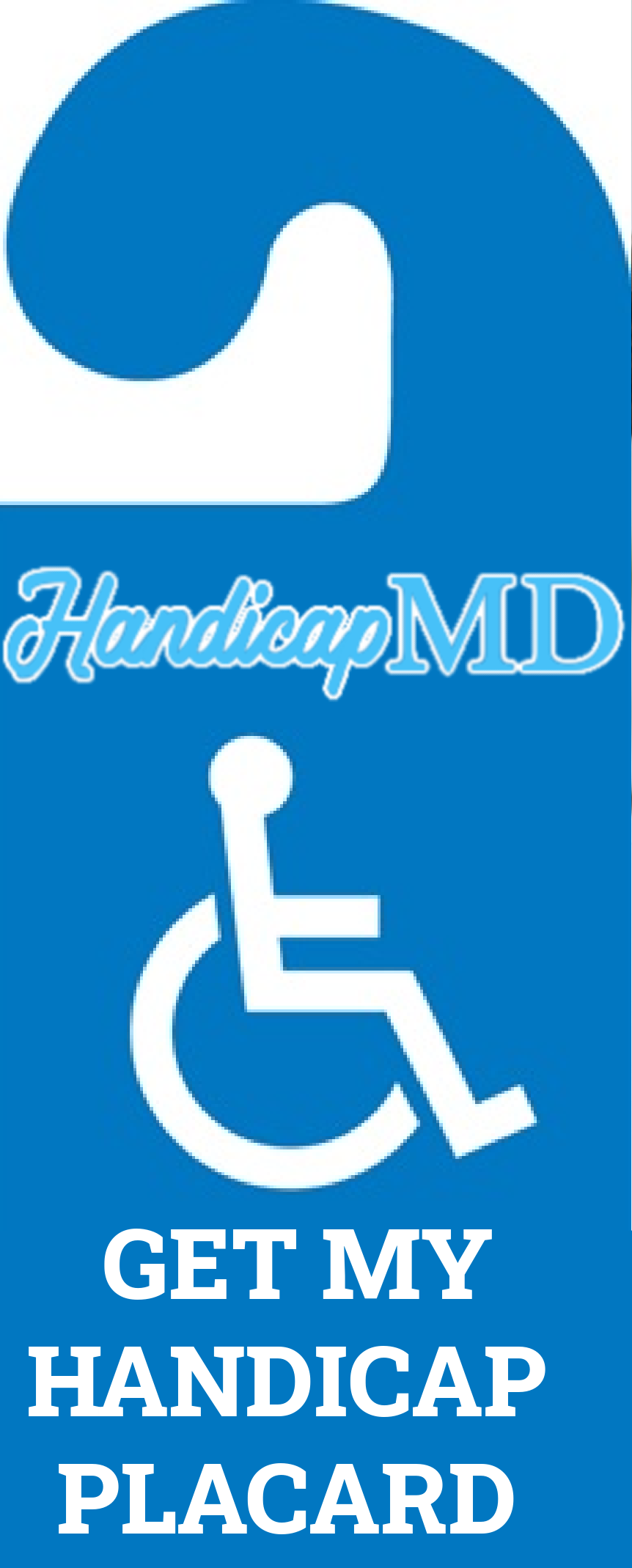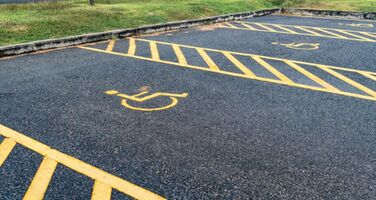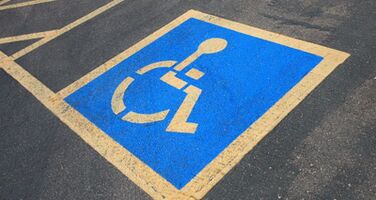
Handicap Placard vs. Handicap License Plates: Which is Right for You in Oregon?
Introduction
When it comes to accessibility for individuals with disabilities, Oregon provides options for obtaining special parking privileges. People with disabilities often require accessible parking spaces close to their destinations to ensure their mobility and convenience. In Oregon, two common options are available: the placard and the license plates. Both options serve a similar purpose, but there are important distinctions between them. In this article, we will explore the differences between a handicap placard and handicap license plates in Oregon and help you determine which option is right for you.
Handicap Placard: Convenient and Portable
What is a Disability Placard?
A handicap placard, also known as a disabled parking permit, is a document that can be displayed in a vehicle to indicate that the driver or passenger has a disability and requires accessible parking. It is a small sign that hangs from the rearview mirror when the vehicle is parked. It is issued to an individual and is transferable between vehicles.
Eligibility and Application Process
To obtain a handicap permit in Oregon, you must meet specific eligibility criteria. Individuals who have difficulty walking due to a medical condition, use assistive devices such as crutches or a wheelchair, or have a cardiac or respiratory condition that limits their mobility may qualify for a permit.
To apply, you need to complete an application form provided by the Oregon Driver and Motor Vehicle Services Division. The application requires medical certification from a licensed healthcare professional, such as a doctor. Once approved, you will receive it in the mail.
Advantages of a Disability Placard
Portability: One of the key advantages of a handicap placard is its portability. You can easily move the it between different vehicles that you use, making it a convenient option for individuals who frequently change vehicles or ride as passengers.
Accessibility: You can park in designated accessible parking spaces throughout Oregon. These spaces are located close to building entrances and offer better accessibility for individuals with disabilities.
Temporary Solution: It can be issued for temporary disabilities as well. If you have a medical condition that limits your mobility for a specific period, such as a broken leg or a temporary impairment, a placard can provide the necessary accessibility during that time.
Limitations of a Disability Placard
Display Requirements: It is essential to hang it from the rearview mirror when the vehicle is parked. Failure to display the placard properly may result in fines or penalties.
Limited to Parking Spaces: While a disability permit allows you to park in designated accessible parking spaces, it does not grant you other parking privileges, such as extended parking hours or exemptions from parking fees.
Handicap License Plates: Permanent and Exclusive
What are Disability License Plates?
License plates are special license plates issued to individuals with disabilities. Unlike the disability permit, which is transferable between vehicles, the license plates are permanently affixed to a specific vehicle.
Eligibility and Application Process
To qualify for disability license plates in Oregon, you must meet specific eligibility criteria, similar to those for a permit. The application process involves submitting a completed form to the Oregon Driver and Motor Vehicle Services Division, along with medical certification from a licensed healthcare professional.
Once approved, you will receive your license plates by mail. You need to replace your existing license plates with the new one on the vehicle specified in the application.
Advantages of Disability License Plates
Permanent Solution: License plates provide a permanent solution for individuals with disabilities. Once affixed to your vehicle, they remain valid for as long as you own the vehicle, eliminating the need to transfer a placard between different vehicles.
Parking Privileges: With disability license plates, you not only have access to designated accessible parking spaces but may also be eligible for additional parking privileges, such as extended parking hours and exemptions from parking fees, depending on local regulations.
Vehicle Identification: The distinctive license plates help law enforcement officers and parking officials easily identify vehicles belonging to individuals with disabilities. This reduces the likelihood of unauthorized parking in accessible spaces.
Limitations of Disability License Plates
Vehicle-Specific: License plates are tied to a specific vehicle and cannot be transferred to another vehicle. If you frequently use different vehicles or ride as a passenger in various cars, the exclusive nature of license plates may not be as convenient as a disability sign.
Limited Accessibility: License plates only provide parking privileges and do not offer the same level of accessibility as a disability sign. While you can park in designated accessible spaces, other accessibility considerations, such as proximity to building entrances, may not be guaranteed.
Disability Placard vs. Disability License Plates: Which is Right for You in Oregon?
Determining whether a pass or license plates are right for you in Oregon depends on various factors. Consider the following points to make an informed decision:
Mobility Needs: If you require accessibility while using multiple vehicles or frequently ride as a passenger, a pass offers greater convenience due to its portability.
Parking Privileges: If you value extended parking hours and exemptions from parking fees, license plates may be the better choice. They provide additional benefits beyond the accessibility offered by a placard.
Long-Term vs. Temporary: If your disability is permanent or long-term, license plates provide a permanent solution without the need for ongoing placard renewals. For temporary disabilities, a pass is a more suitable option.
Personal Preference: Ultimately, the decision between a pass and license plates is a personal one. Consider your specific needs, preferences, and lifestyle to determine which option aligns best with your circumstances.
FAQs (Frequently Asked Questions)
Q: How long is a disability pass valid in Oregon?
A: An Oregon handicap placard is typically valid for up to five years. After that period, you will need to renew it by following the renewal process.
Q: Can I use a pass or license plates in other states?
A: Yes, pass and license plates issued in Oregon are generally recognized and accepted in other states. However, it is advisable to familiarize yourself with the specific regulations of the state you are visiting.
Q: Can I lend my pass or license plates to someone else?
A: No, pass and license plates are issued to an individual and are non-transferable. They should only be used by the person with a disability or the individual responsible for transporting them.
Q: Are there penalties for misusing a pass or license plates?
A: Yes, misusing a pass or license plates is a violation of the law and can result in fines, penalties, and the revocation of the privileges associated with them.
Q: Can I have both a pass and license plates?
A: No, in Oregon, you are allowed to have either a pass or license plates, but not bothsimultaneously. You can choose the option that best suits your needs and preferences.
Q: Can I apply for a pass or license plates on behalf of someone else?
A: Yes, you can apply for a pass or license plates on behalf of someone else if you have the necessary authorization or legal guardianship.
Conclusion
When it comes to accessible parking options, both handicap placards and handicap license plates in Oregon offer benefits to individuals with disabilities. The choice between the two depends on your specific needs, lifestyle, and preferences. If you require portability and accessibility across multiple vehicles, a pass is a convenient choice. On the other hand, if you value extended parking privileges and a permanent solution, license plates may be more suitable. Consider your circumstances and consult with the Oregon Driver and Motor Vehicle Services Division to make an informed decision. Remember, both options are aimed at improving accessibility and ensuring the mobility of individuals with disabilities.
.png)






